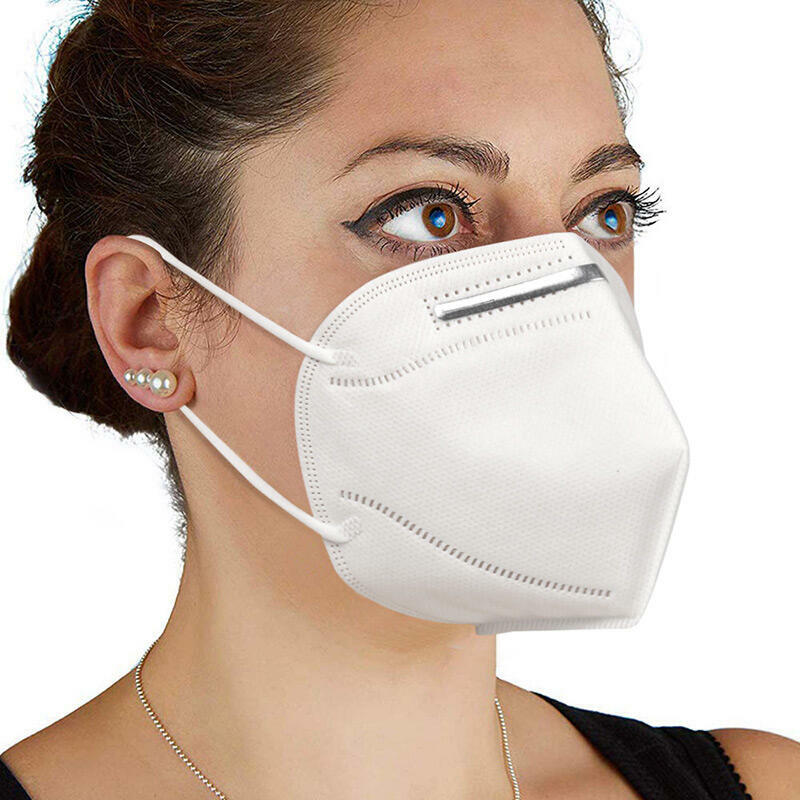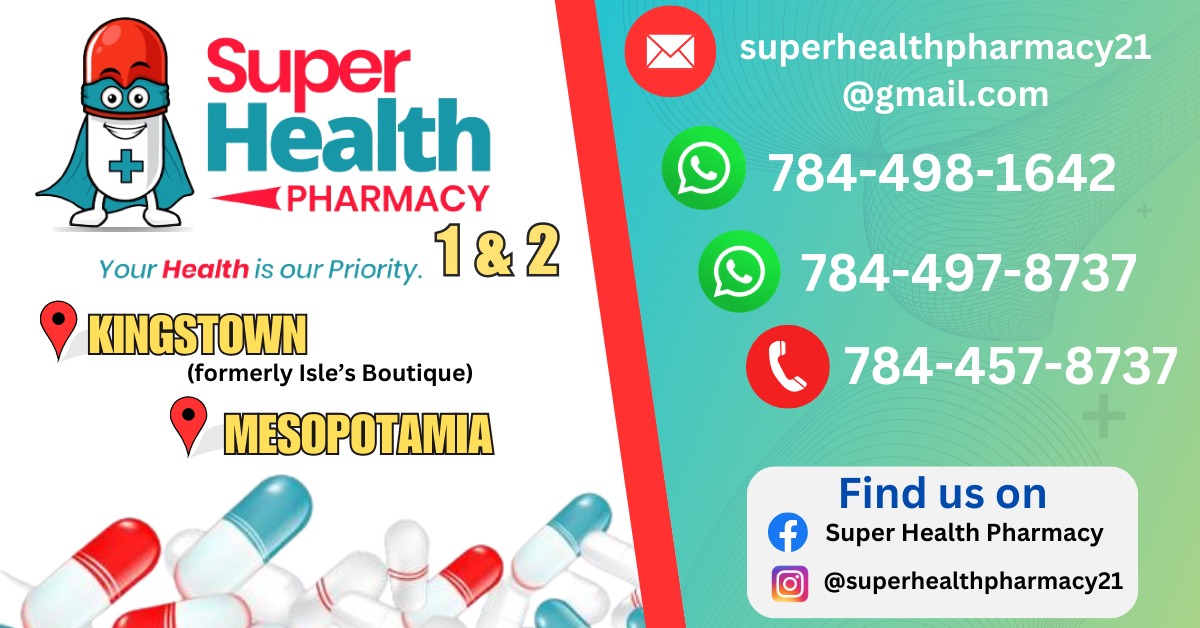
Summary:
On 11 March 2020, the Director-General of the World Health Organization (WHO) declared the outbreak of a novel coronavirus disease, COVID-19 as a pandemic. As of April 22, there are 9098 cases in 33 countries/territories (including 24 CARPHA Member States), in the Caribbean Region. The risk of further importation of cases
to the rest of the Caribbean remains Very High. (1)
There is widespread debate on the need for community members to wear masks as a means of personal protection against COVID-19 infection. Many countries and leaders globally and in the Caribbean are adopting the widespread use of nonmedical masks as a strategy to reduce community transmission. This has been
The Caribbean Public Health Agency (CARPHA) on Friday April 24, 2020, issued new guidance on the use of face masks in the context of COVID-19 Pandemic. The following is a summary of that guidance:
coupled with concerns that broad use of masks could cause a run on the kind of masks that health care workers desperately need, as the supply chain for PPE has been disrupted, causing shortages worldwide.
The use of personal protective equipment such as medical (surgical) masks and respirators within the health care and home care settings, as well as during the handling of cargo has been outlined by the WHO in its updated guidance document
on the rational use of personal protective equipment. (2)
According to WHO guidance, dated April 6, 2020, the use of medical masks in the community may create a false sense of security, with neglect of other essential measures, such as hand hygiene practices and physical distancing, and may lead to touching the face under the masks and under the eyes. Incorrect use of medical masks results in unnecessary costs.
The WHO indicated there is currently no evidence that wearing a mask (whether medical or other types) by healthy persons in the wider community has any value in
preventing respiratory infections.(3)
There have been few randomized, controlled studies which address the effectiveness of cloth masks in the prevention of respiratory infections. However, as part of their response to COVID-19, some national health authorities have indicated that homemade/cloth masks may be better than no protection.
Whilst CARPHA acknowledges WHO’s guidance, in keeping with the mandate to wear mask in public by many Caribbean countries, CARPHA advises its Member States to employ the use of the precautionary principle and encourages the correct use of masks (cloth/homemade) by the general population while they are out in public.
1. Persons using any type of mask (medical mask, respirator or cloth) must adhere to frequent and proper hand hygiene including washing hands with soap and water for at least 20 seconds or cleansing hands with 70% alcohol hand sanitizer, the immediate disposal of single use masks and the correct cleaning methods for reusable masks.
In view of this new guidance, the Health Services Subcommittee of the National Emergency Committee issues the following recommendations:
2. Encourages the use of masks (cloth/homemade) by the general population while they are out in public as a precautionary measure where physical distancing of at least 3 feet is not consistently feasible:
- Whenusingpublictransportationsuchasminivansandmulti-family private vehicles.
- When engaging service providers involving close contact (within 3 feet for 15 minutes) such as barbers, hair dressing salons, nail salons, beauty parlors, massage therapists, optometrists, ophthalmologists, dental practitioners, and tattoo artists.
- When patronizing or waiting to patronize business places such as banks, stores, restaurants, and professional establishments where crowding may occur.
3. Encourages the use of masks (cloth/homemade) when visiting the elderly.
4. Physical distancing, hand hygiene and cough etiquette must still
strictly be observed.
- Medicalmasksandrespirators(e.g.N95masks)shouldbereservedforuse in hospital settings and by healthcare workers.
- Persons with any symptoms of a cold or flu, such as fever, cough, or sneezing, should stay at home and contact their health care provider by phone.
Please visit www.facebook.com/SVGHealth for further guidance on safely putting on and taking off a mask, cleaning masks and other important information on the safe and smart use of masks.
St Vincent and the Grenadines now has a small cluster of import related local spread of COVID-19. Let us share the responsibility of keeping us healthy.





